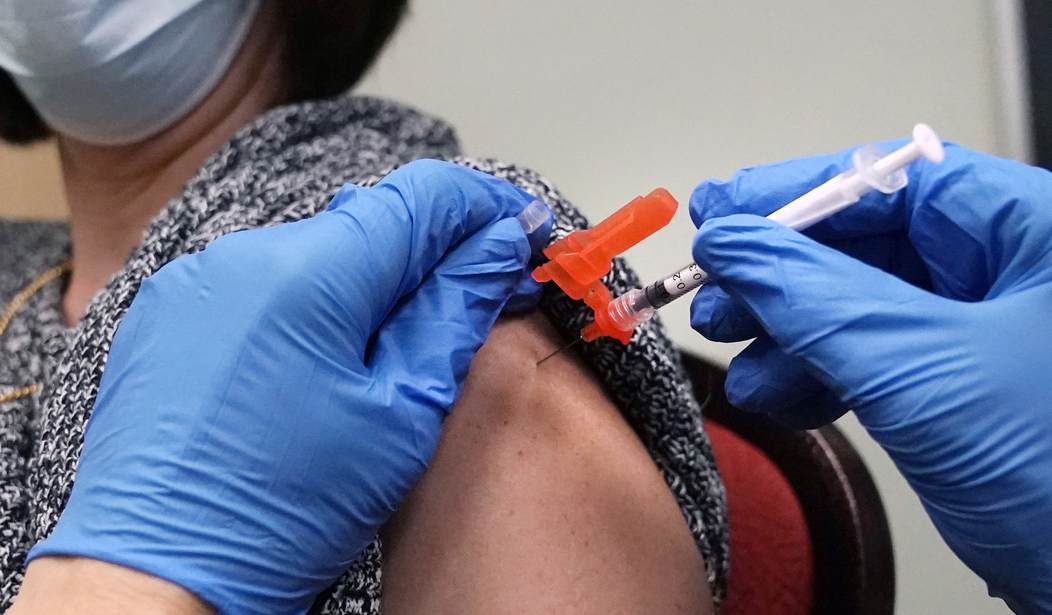Most people are confused about COVID-19 vaccines and many don’t trust what they hear. COVID-19 fatigue is rampant, and the response to mRNA bivalent COVID-19 vaccines has been tepid.
Into this fraught environment comes FDA’s April 18 announcement (and then one from the CDC) that the Emergency Use Authorizations (EUAs) for Moderna and Pfizer-BioNTech’s COVID-19 bivalent mRNA vaccines have been amended to “simplify” vaccine schedules for most people. Putting fatigue aside, it’s worth spending a few moments to understand what’s happening now.
Important Context and Background
To dispel some confusion, the COVID-19 bivalent formulations discussed in the government’s April announcements are identical to the bivalent boosters offered in the fall of 2022: they target the original COVID-19 strain as well as Omicron BA.4 and BA.5 strains. The EUAs have been amended only to change dosing schedules, not to change vaccine composition.
While rarely explained, it’s important to know that in certain emergencies FDA can, by law, issue EUAs for use of medical products that are not approved, cleared or licensed or to authorize unapproved uses of approved medical products. EUAs can be issued only when there are no adequate, approved, and available alternatives, when the product “may be effective,” and where the “known and potential benefits” of the product, when used to diagnose, prevent, or treat the identified disease or condition, outweigh the product’s “known and potential risks”.
EUA products do not undergo the same type of review as FDA-approved products, and FDA’s decision relies on the “totality of scientific evidence available.” This is a lower level of evidence than that needed for FDA approval. Despite what you might hear or believe, EUA products are neither “investigational” nor are they deemed “safe and effective.”
Recommended
Moderna and Pfizer-BioNTech’s monovalent vaccines are no longer available in the U.S. The companies’ bivalent COVID-19 vaccines are now the mainstay of vaccine administration. Novavax and Janssen’s COVID-19 vaccines are still available in the U.S. but are used infrequently.
Government Announcements
Per FDA, most of the U.S. population five years and older has antibodies to SARS-CoV-2 (from vaccination or infection) that can “serve as a foundation” (whatever this might mean) for protection provided by bivalent vaccines. COVID-19 continues to be a “very real risk for many people,” and vaccines prevent severe illness, hospitalization, and death.
Reflecting research and post-market data (summarized in FDA’s announcement), healthy people between the ages of 6 and 64 who have already received a bivalent vaccine don’t need another one. Those in this age group who have never received a Covid-19 vaccine, or have only gotten the older, monovalent version, “may” get a bivalent vaccine. Unvaccinated children six months through five years old “may” get bivalent doses considering their vaccine and vaccine history.
FDA also relies on research and data to support its conclusion that people 65 and older “may” get a second bivalent dose at least four months after their initial bivalent dose; and that individuals (five and older) “with certain kinds of immunocompromise” who have received one bivalent COVID-19 vaccine “may” get another one at least two months later, and “may” get additional bivalent doses at their health provider’s discretion. Vaccine eligibility for immunocompromised children six months to four years depends on the vaccine previously received.
Despite concluding that COVID-19 poses a “very real risk for many people,” and that vaccines prevent the most serious consequences of COVID-19, FDA simply encourages individuals “to consider staying current with vaccination…” and studiously avoids suggesting that people “should” get vaccinated.
On the other hand, while the CDC’s announcement generally tracks FDA’s, it “recommends that everyone six years and older receive an updated (bivalent) mRNA COVID-19 vaccine, regardless of whether they previously completed their (monovalent) primary series.”
Questions Abound
Unfortunately, there is no explanation for FDA’s reluctance to push vaccines or the CDC’s relative bullishness. FDA’s reluctance may reflect conflicting data, immensely complicated issues and ongoing disagreement among experts. This includes questions about how long vaccines protect against severe illness and death and reports of adverse events (including myocarditis risk to young men).
There are a myriad of other open-ended questions. Should you get a bivalent dose now or wait until the fall for an updated version? What does keeping vaccinations “up to date” mean? How much protection does infection provide? When should you get another shot if you recently had COVID?
What’s Next?
FDA’s Advisory Board will meet in June to discuss vaccine strain composition. It’s expected that updated vaccine formulations will be available in the fall. Perhaps the fog will lift, and trust will be restored - at least in part - if, on the next go round, government agencies coordinate recommendations, are more transparent, acknowledge and address differing opinions and identify the many ongoing unknowns.
Ms. Richman served as in-house and outside regulatory counsel to FDA-regulated companies for over 35 years. Her most recent position was VP, Chief Regulatory Counsel to Siemens Healthineers. She currently writes and consults about life-science regulatory topics.

























Join the conversation as a VIP Member